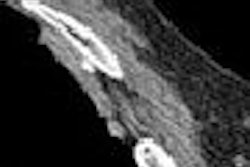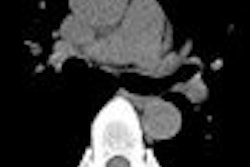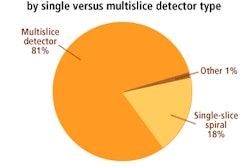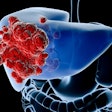The New England Journal of Medicine published a correction on Wednesday to a 2006 study by Dr. Claudia Henschke and colleagues on the efficacy of CT screening for lung cancer. The correction acknowledges that the study received part of its funding from a foundation linked to the tobacco industry.
In their 2006 study, Henschke and colleagues from Weill Medical College of Cornell University in New York City concluded that most stage I lung cancers treated after their detection by CT screening had a favorable prognosis.
The journal used the April 2 correction and an accompanying editorial to address a controversy that arose on March 26 when a New York Times article revealed that a small part of the study's funding came from a foundation headed by the study's principal investigator. The foundation was funded almost entirely by Vector Group, the parent company of Liggett, a major tobacco company. The correction was based on a letter to the journal sent by Henschke.
"The disclosure statement (page 1769) should have read as follows: 'Drs. Henschke and Yankelevitz report receiving royalties from Cornell Research Foundation as inventors of methods to assess tumor growth and regression on imaging tests for which pending patents are held by Cornell Research Foundation and licensed to General Electric,' " the NEJM editors wrote (April 2, 2008, NEJM).
"Although the science in a submitted manuscript should be judged on its merits, one cannot fully appreciate a study's meaning without acknowledging the subtle biases in design and interpretation that may arise when a sponsor stands to gain from the report," NEJM editor Dr. Robert Schwartz and colleagues wrote in an accompanying editorial. "Because of these subtleties, it is especially important that any such associations be made clear to the Journal's readers, who can then judge their relevance for themselves."
The 2006 study was funded by 32 different entities, including the Vector-funded Foundation for Lung Cancer: Early Detection, Prevention and Treatment. "It has not been our practice to inquire about the specific sources of funding of foundations such as this," the editors wrote.
"Given the enormous burden of smoking-related illness and the ongoing sale of cigarettes and other forms of tobacco, one might question the advisability of research entities accepting funding from tobacco companies except through the American Legacy Foundation, which distributes funds received through the Master Settlement Agreement with U.S. tobacco companies," the editors wrote. "We believe that it is important for our readers and the entire biomedical community to be aware of this situation."
By AuntMinnie.com staff writers
April 3, 2008
Related Reading
Low-dose CT again finds early, curable lung cancers, November 13, 2007
Divergent research on CT lung screening sparks more debate, fewer answers, April 7, 2007
CT screening may not improve lung cancer survival, March 7, 2007
Italung-CT results show efficacy of lung cancer screening, March 9, 2007
CT lung cancer screening reduces mortality, October 26, 2006
Copyright © 2008 AuntMinnie.com



















